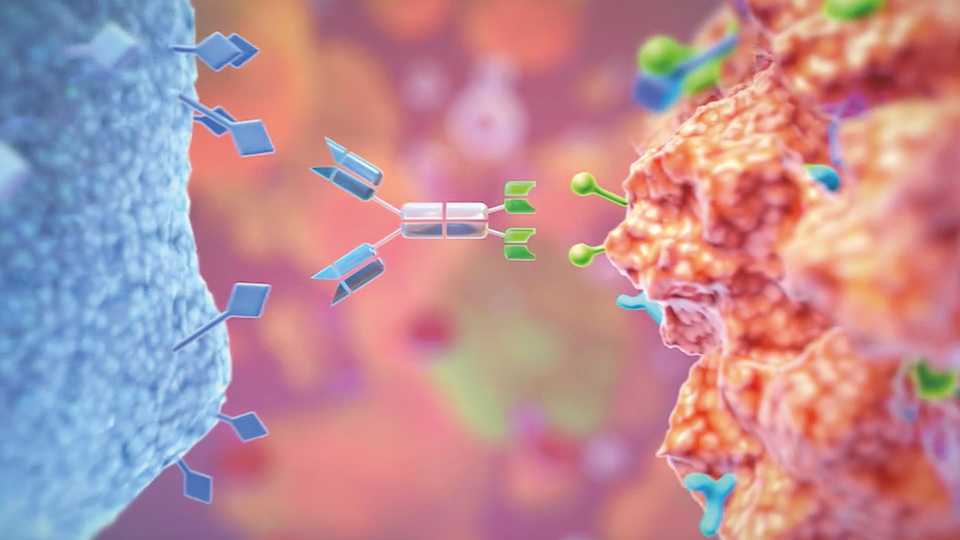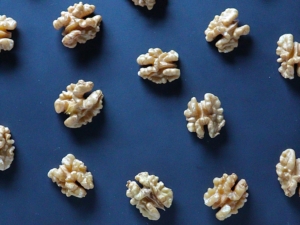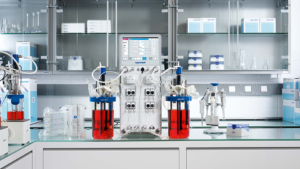
Innate immunity and its power in cancer therapy
One of the most distinguishing hallmarks of tumours is their ability to avoid immune recognition. New immunotherapies have focused on breaking down those barriers, leading to treatment breakthroughs for blood cancers. While these therapies have shown great promise for some indications, we still lack effective therapies for many others. A novel route to address this is to the restore innate immunity's ability to fight cancer.
In our body, innate and adaptive immune systems work in concert to achieve effective immune responses. Hence, involving the innate immune system in modern combination approaches could achieve a more integrated and sustained response against tumours. In recent years, employing the innate immune system has gathered momentum and is now seen as a key growth area for novel cancer therapies based also on encouraging clinical and preclinical results seen by Affimed and our peers. There are different ways to directly engage the innate immune system – using NK cells, bispecific antibodies, or targeted molecules.
Unleashing ICE® against cancer
One of the most potent receptors for activating innate immune cells such as natural killer cells and macrophages is CD16A. Targeting this receptor mimics the body’s natural defence against potential threats, resulting in a cascade of defence mechanisms. Our bispecific innate cell engagers (ICE®) are designed to directly bind CD16A and a distinct tumour-associated antigen such as CD30 or EGFR, which is present on a specific cancer type. This enables our molecules to bring innate immune cells and cancer cells in close proximity empowering activated NK cells to effectively destroy malignant cells.
By using a proprietary variant of CD16, our ICE® demonstrate two major benefits – first, the selectivity for CD16A prevents redirection of ICE® to CD16B-carrying neutrophils, which are more abundant in our bodies, and second, the selected epitope minimizes competition with circulating IgG, reducing off-target binding. Additionally, with their high affinity to NK cells and macrophages, Affimed can target cancers with lower antigen expression.
Several companies focus on drug development in the innate immunity space with candidates in preclinical or early clinical development. Affimed is one of the most experienced clinical development companies in the field. Our clinical data have been in the spotlight at several major oncology conferences with the next update planned for ASH 2022 from our lead candidate AFM13, which is currently being investigated in an ongoing Phase I/II combination trial, precomplexed with cord blood-derived NK cells. So far, 24 patients have been treated at the recommended Phase II dose (RP2D) since the previous update in spring 2022. Patients continue to show an overall response rate of 100% at the RP2D and a complete response rate of 70%. At a median follow-up of eight months, an overall survival rate of 83% was observed across all dose levels. Affimed is now looking to conduct a potential registration-directed Multicenter study with AFM13 in combination with NK cells together with our new partner, Artiva Biotherapeutics. Affimed is also conducting multiple clinical trials with AFM24, an EGFR-binding ICE®-directed against solid tumours.
The next two years will be a tremendously exciting time for the innate immunity field to mature and propel its first therapeutics towards registrational studies and approval. All ongoing efforts highlight the importance of this field and its potential to improve cancer treatments for many patients.
This article was originally published in European Biotechnology Magazine Winter Edition 2022.




